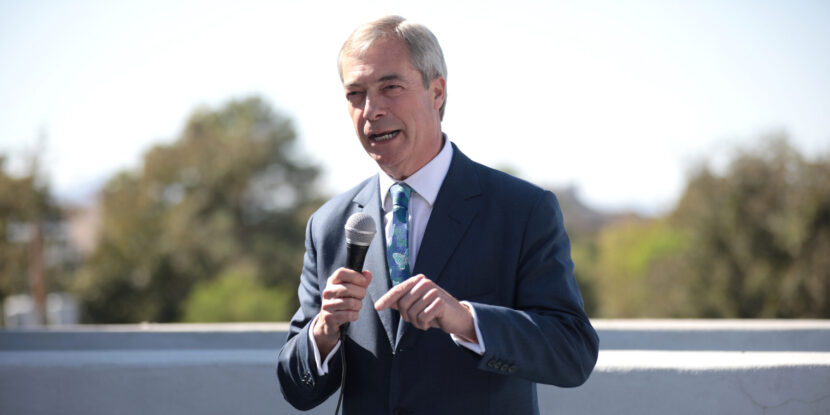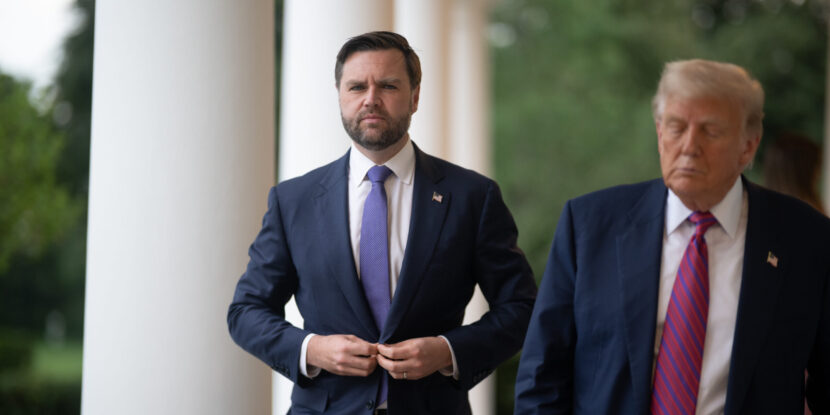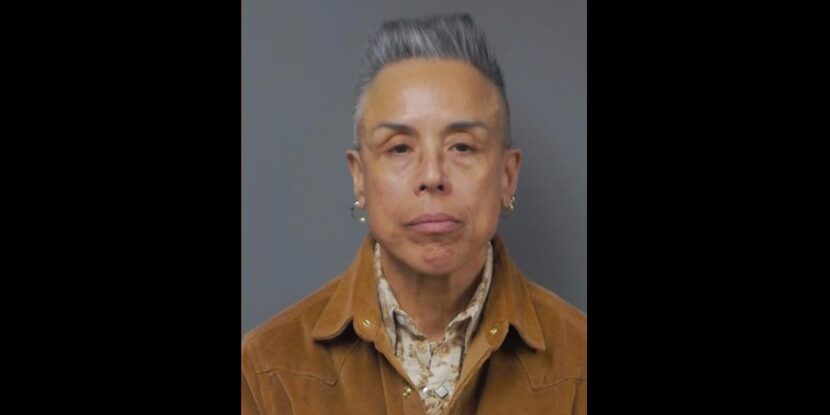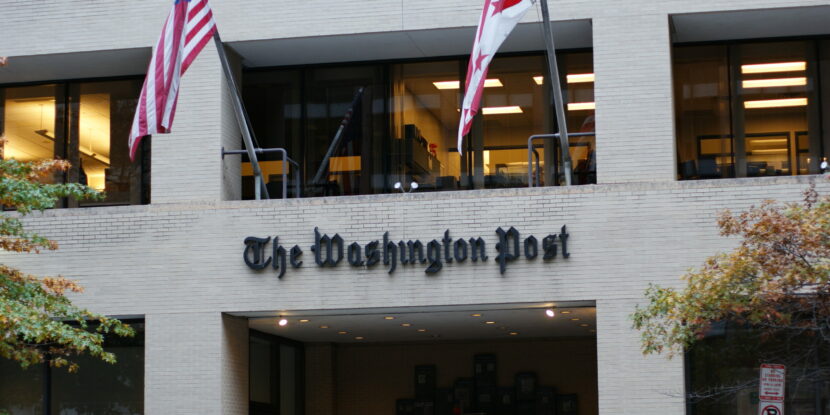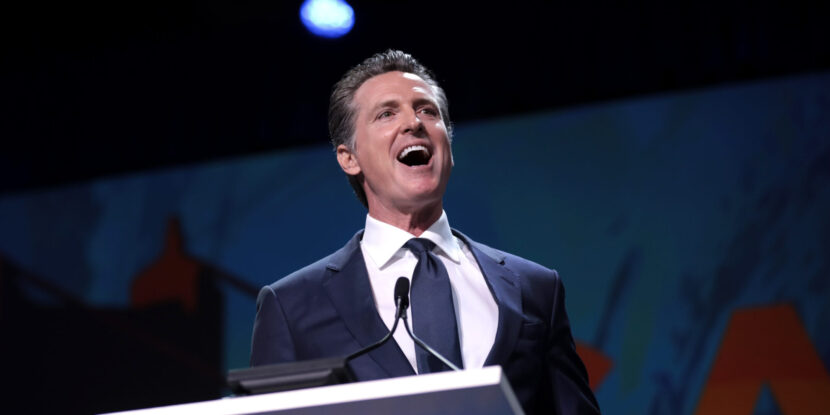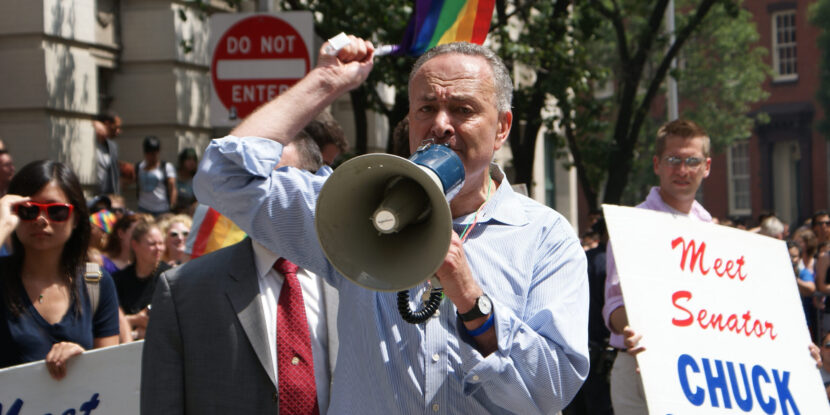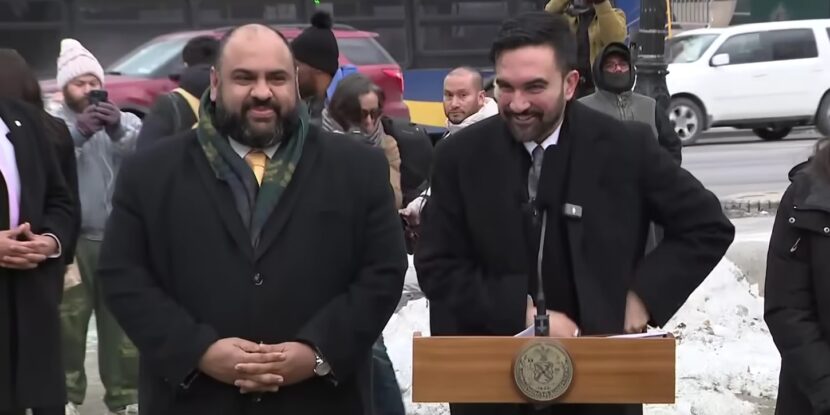PULSE POINTS:
❓What Happened: Nigel Farage has slammed the new trade deal between Britain and India, accusing the ruling Labour Party of betraying British workers.
👥 Who’s Involved: Prime Minister Sir Keir Starmer, Reform Party leader Nigel Farage, former Home Secretary Suella Braverman, and John O’Connell of the TaxPayers’ Alliance (TPA).
📍 Where & When: The trade deal was agreed upon in London and Delhi on May 6.
💬 Key Quote: Nigel Farage stated, “This Government doesn’t give a damn about working people.”
⚠️ Impact: The deal may make it cheaper for companies to hire Indian migrants over British natives, sparking criticism and concerns over increased migration.
IN FULL:
A new trade agreement between the United Kingdom and India has sparked controversy, with Reform Party leader Nigel Farage accusing the Labour government under Prime Minister Sir Keir Starmer of betraying the British working class. The agreement, described as the largest post-Brexit trade deal yet, aims to boost bilateral trade by $33.3 billion and potentially add $6.3 billion to British GDP annually. It includes significant tariff reductions on British exports like cars and whisky, while also lowering import taxes on Indian goods such as textiles and seafood.
However, Farage has criticized immigration elements in the deal, as it will make it roughly 20 percent cheaper for companies to employ Indian migrants rather than British workers, citing recent increases in National Insurance payments for British companies. “This Government doesn’t give a damn about working people,” Farage said.
Prime Minister Starmer has hailed the deal, claiming it will improve living standards and strengthen Anglo-Indian ties. However, critics have raised concerns over migration concessions included in the agreement. The deal allows Indian chefs, musicians, and yogis access to the United Kingdom’s contractual services visa route, which was previously restricted. More controversially, a “double contribution convention” exempts some Indian migrant workers from paying National Insurance contributions for three years. This also applies to British workers in India—but migration in this direction is negligible.
“The Labour Party have this time in a big, big way betrayed working Britain, and that’s why many people voted for us last Thursday, but for some reason the Government just doesn’t seem to understand,” Farage said, referencing Reform’s significant gains in last week’s municipal elections.
Indian-heritage former Home Secretary Suella Braverman, of the Conservative Party, echoed these concerns, noting her previous opposition to similar visa concessions. John O’Connell, chief executive of the TaxPayers’ Alliance, added that taxpayers would be outraged by the exemptions granted to Indian workers while British workers face higher taxes.
